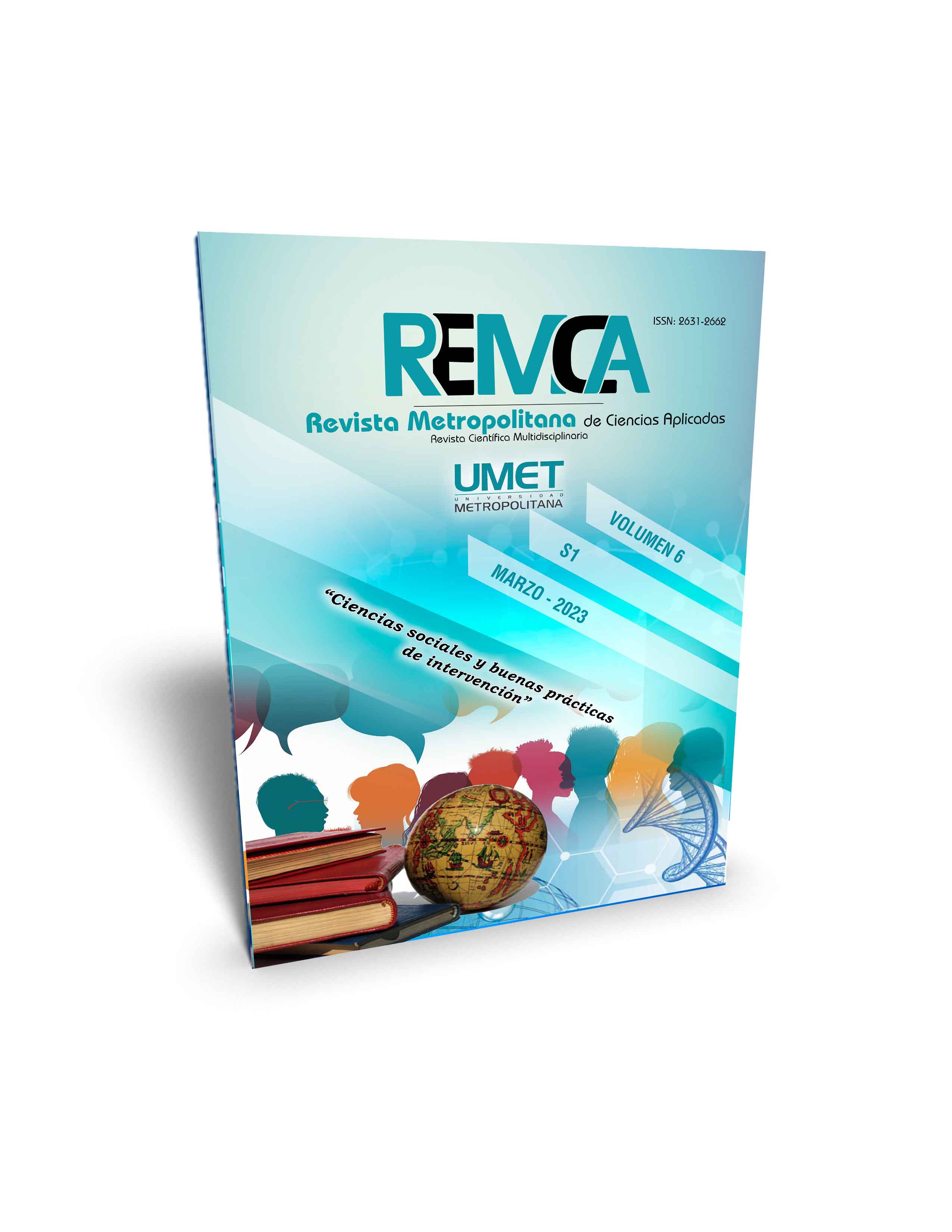Validation of an instrument to measure the perception of the beneficiaries of the Social Service Projects of the Faculty of Business Administration and Accounting of the Regional University Center of Coclé
DOI:
https://doi.org/10.62452/8bn6j322Keywords:
Validation, Social Service, perception, beneficiariesAbstract
This research work is an advance that seeks to develop an instrument for measuring the perception of the beneficiaries of the Social Service projects of the students of the Regional University Center of Coclé of the University of Panama. We applied an observational, prospective, cross-sectional, descriptive design. As a data collection technique, a scale was developed with items related to the objectives of the Social Service of the University of Panama, approved by the 2010 Academic Council. A content validity of 0.73 was obtained according to the judgment of five experts. Subsequently, the reliability will be determined through Cronbach's Alpha.
Downloads
References
Cabero, J., & Llorente, M.C. (2013). La Aplicación del Juicio de experto como técnica de evaluación de las tecnologías de la información. Eduweb, Revista de Tecnología de Información en Educación, 7(2), 11-22.
Colás Bravo, P., & Hernández de la Rosa, M. Á. (2021). Las competencias investigadoras en la formación universitaria. Universidad Y Sociedad, 13(1), 17-25.
Conesa Davila, P. J., & Egea Romero, P. (2000). Operativización de variables en la investigación psicológica. Psicothema, 12(Suplemento), 157–162.
Corral, Y. (2010). Diseño de Cuestionarios para recolección de Datos. Revista Ciencias de la Educación, 2(36), 152-168.
Escobar, J., & Cuervo, A. (2008). Validez de contenido y juicio de expertos: una aproximación a su utilización. Avances en Medición, 6(1), 27-36.
Flores Castro, E., Torres Rodríguez, A. A., Campos Nava, M., & Morales Maure, L. (2021). La construcción científica del conocimiento de los estudiantes a partir de las gráficas con Tracker. Universidad Y Sociedad, 13(1), 83-88
Galicia, L. A., Balderrama, J. A., & Navarro, R. E. (2017). Validez de Contenido por Juicio de Expertos: propuesta de una herramienta virtual. Apertura, 9(2), 42-53.
Hernández, R., Fernández, C., & Baptista, P. (2014). Metodología de la investigación. McGraw Hill/Interamericana Editores, S.A.
Lawshe, C. (1975). A quantitive approach to content vali¬dity. Personnel Psychology, 28(4), 563–575.
Méndez, L. M., & Peña, J. A. (2007). Manual práctico para el diseño de la escala Likert. Trillas.
Ocaña, M.T., Pérez, M., & Quijano, R. (2013). Elaboración y Validación de una escala de creencias de los alumnos de educación secundaria obligatoria respecto al medio ambiente. Profesorado, revista de currículum y formación de profesorado, 17(1), 431-454.
Supo, J. (2019). Cómo validar un instrumento. https://www.youtube.com/watch?v=LmmxoG013xY
Torres Rodríguez, A. A., Campos Nava, M., Morales Maure, L., & García Marimón, O. (2020). Construcción y validación de un instrumento para caracterizar competencias docentes del profesor de matemáticas del nivel superior. Revista Conrado, 16(76), 295-305.
Torres Rodríguez, A. A., Morales Maure, L. M., Cáceres Mesa, M. L., & Campos Nava, M. (2019). Validación de un instrumento para caracterizar el Conocimiento Didáctico del Contenido del profesor de matemáticas. Revista Conrado, 15(70), 267-273.
Tristán, A. (2008). Modificación al modelo de Lawshe para dictamen cuantitativo de un instrumento objetivo. Avances en medición, 6(1), 37-48.
Universidad de Panamá. (2005). Ley Orgánica n° 24 de la Universidad de Panamá. https://www.up.ac.pa/sites/default/files/2021-07/LeyOrganica.pdf
Universidad de Panamá. (2010). Reglamento de Servicio Social. http://www.vae.up.ac.pa/docsstorage/webpage/reglamentos/regserviciosocial.pdf
Downloads
Published
Issue
Section
License
Copyright (c) 2023 José Manuel Polo, Hernán Bernal, Maria Ashaw, Agustín Alfredo Torres-Rodríguez (Autor/a)

This work is licensed under a Creative Commons Attribution-NonCommercial-ShareAlike 4.0 International License.
Authors who publish in Revista Metropolitana de Ciencias Aplicadas (REMCA), agree to the following terms:
1. Copyright
Authors retain unrestricted copyright to their work. Authors grant the journal the right of first publication. To this end, they assign the journal non-exclusive exploitation rights (reproduction, distribution, public communication, and transformation). Authors may enter into additional agreements for the non-exclusive distribution of the version of the work published in the journal, provided that acknowledgment of its initial publication in this journal is given.
© The authors.
2. License
The articles are published in the journal under the Creative Commons Attribution-NonCommercial-ShareAlike 4.0 International License (CC BY-NC-SA 4.0). The terms can be found at: https://creativecommons.org/licenses/by-nc-sa/4.0/deed.en
This license allows:
- Sharing: Copying and redistributing the material in any medium or format.
- Adapting: Remixing, transforming, and building upon the material.
Under the following terms:
- Attribution: You must give appropriate credit, provide a link to the license, and indicate if any changes were made. You may do this in any reasonable manner, but not in any way that suggests the licensor endorses or sponsors your use.
- NonCommercial: You may not use the material for commercial purposes.
- ShareAlike: If you remix, transform, or build upon the material, you must distribute your creation under the same license as the original work.
There are no additional restrictions. You may not apply legal terms or technological measures that legally restrict others from doing anything the license permits.




